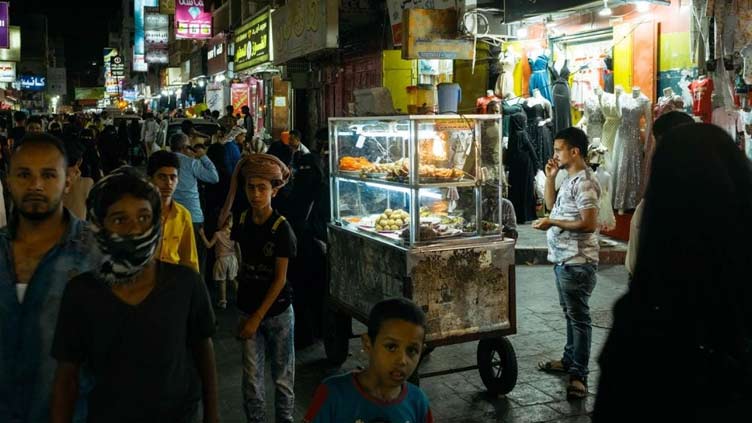Yemen rifts stall reforms needed to access Gulf aid, sources say

World
Yemen rifts stall reforms needed to access Gulf aid, sources say
ADEN (Reuters) - Rifts within Yemen s new presidential council are delaying approval of reforms needed to unlock $3 billion in financial aid from Saudi Arabia and the United Arab Emirates that would help ease a severe foreign exchange crunch, four sources said.
When the council was formed in April under Saudi auspices, Riyadh and Abu Dhabi each pledged to inject $1 billion into the Aden-based central bank, and Saudi Arabia said it would grant another $1 billion for oil derivatives and development.
The two Gulf states, part of a Saudi-led coalition that intervened in Yemen s war in 2015 against the Houthi movement, had stipulated reforms from the internationally recognised authorities related to management of external finance and domestic revenue, two central bank officials told Reuters.
But rivalries among Political Leadership Council (PLC) members have delayed a parliamentary session to ratify PLC procedures that would allow it to approve new committees to combat corruption and monitor tenders, two government sources said, requesting anonymity.
Authorities in Saudi Arabia, the UAE and the Yemeni council did not immediately respond to Reuters requests for comment.
Last year, Yemen s Saudi-backed government appointed a new governor and deputy governor of the central bank and ordered an audit of the institution, yet to be completed, since 2016 when it was moved to Aden from the Houthi-held capital, Sanaa.
Authorities also introduced a new auction process for foreign exchange, dwindling supplies of which have made it hard to finance trade in the impoverished country of some 30 million people that imports 90% of its goods, including food and fuel.
The seven-year-old war has split Yemen with the Iran-aligned Houthis de facto authorities in the north, and ensuing economic collapse has pushed millions into hunger. The central bank split into rival authorities in Sanaa and Aden.
Saudi Arabia shook up the anti-Houthi alliance in April with the PLC taking over powers of the president-in-exile at a time of increasing international pressure to end the war, in which several factions are vying for power, even under the coalition.
Cracks emerged recently within the PLC when UAE-backed southern forces expanded their reach in oil-producing Shabwa and in Abyan in the south, eroding the influence of the Islamist Islah Party and its allies.
Instability in the south risks further complicating United Nations efforts to extend and expand a truce deal between the coalition and the Houthis that expires in early October.

